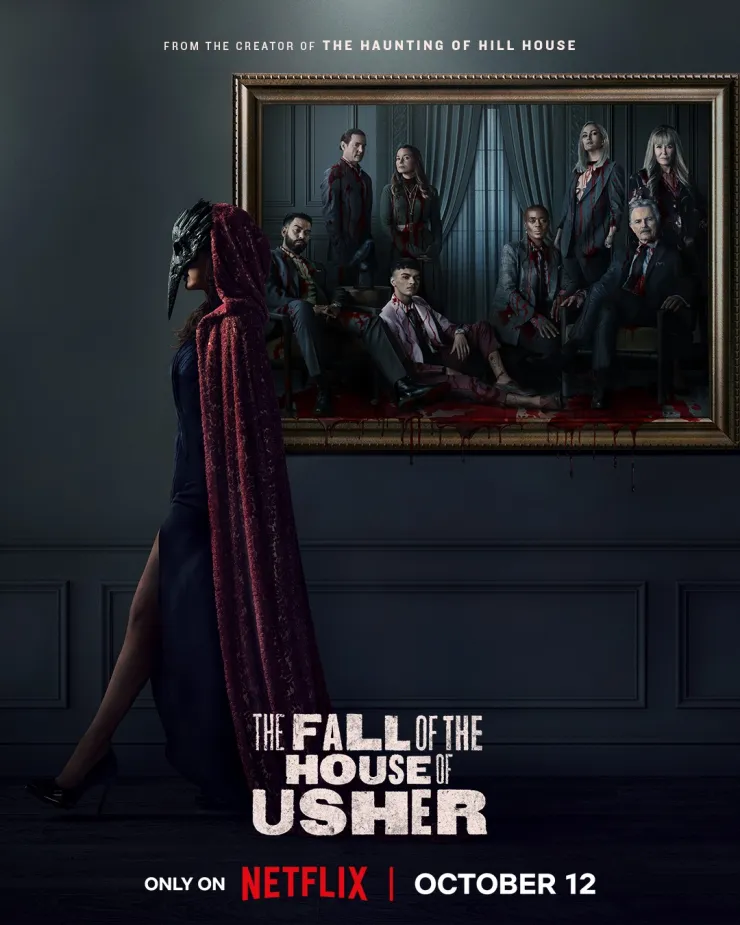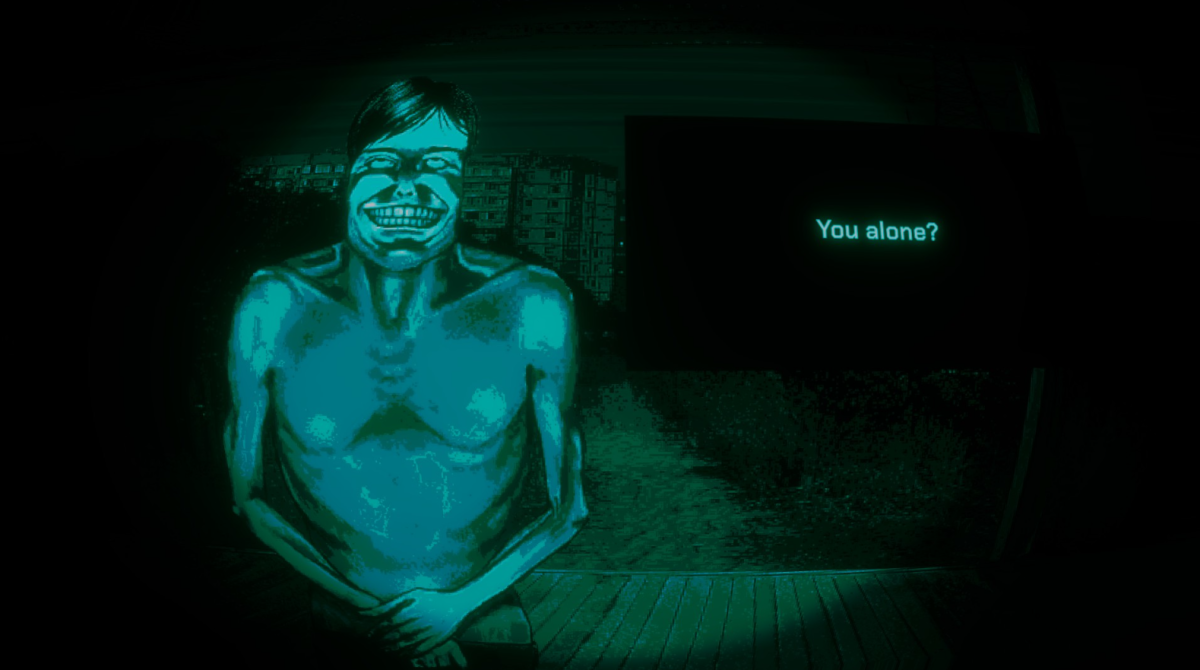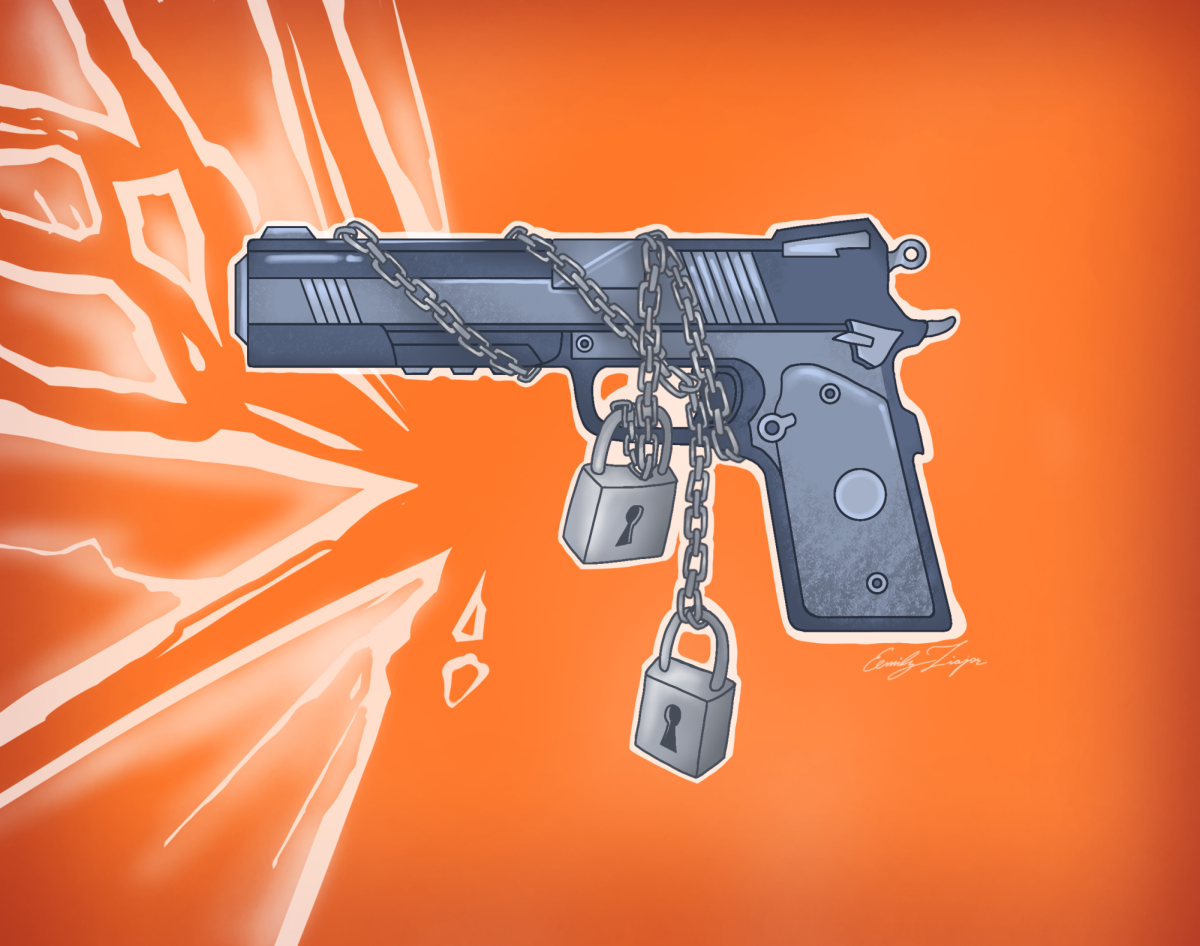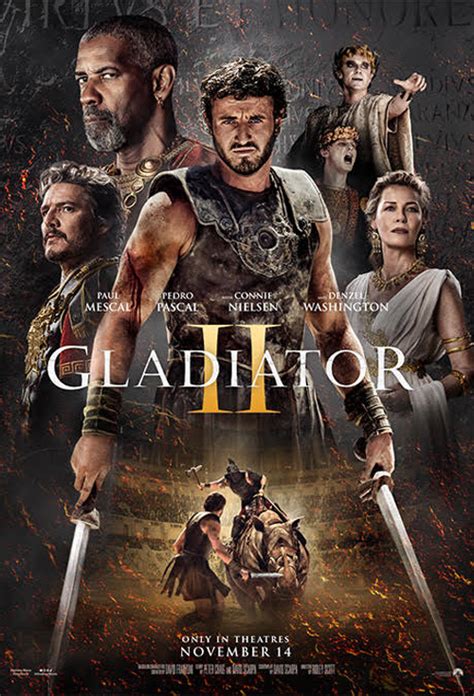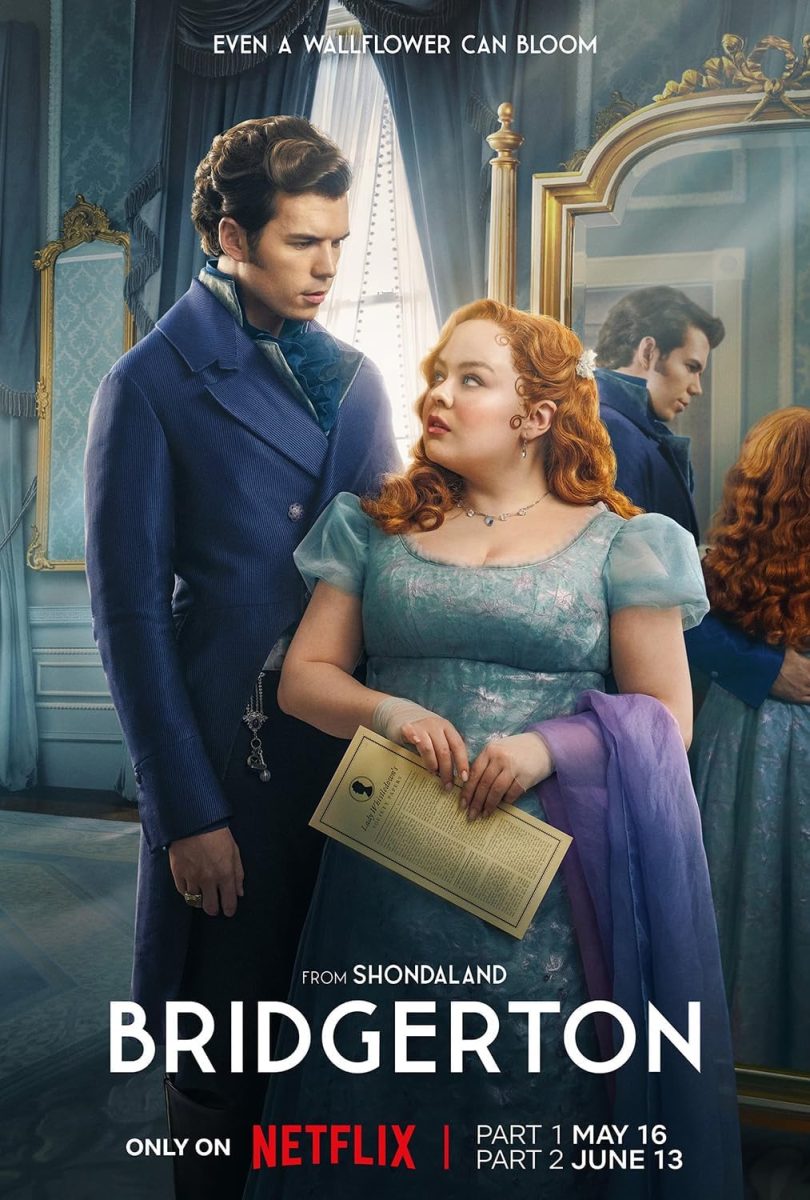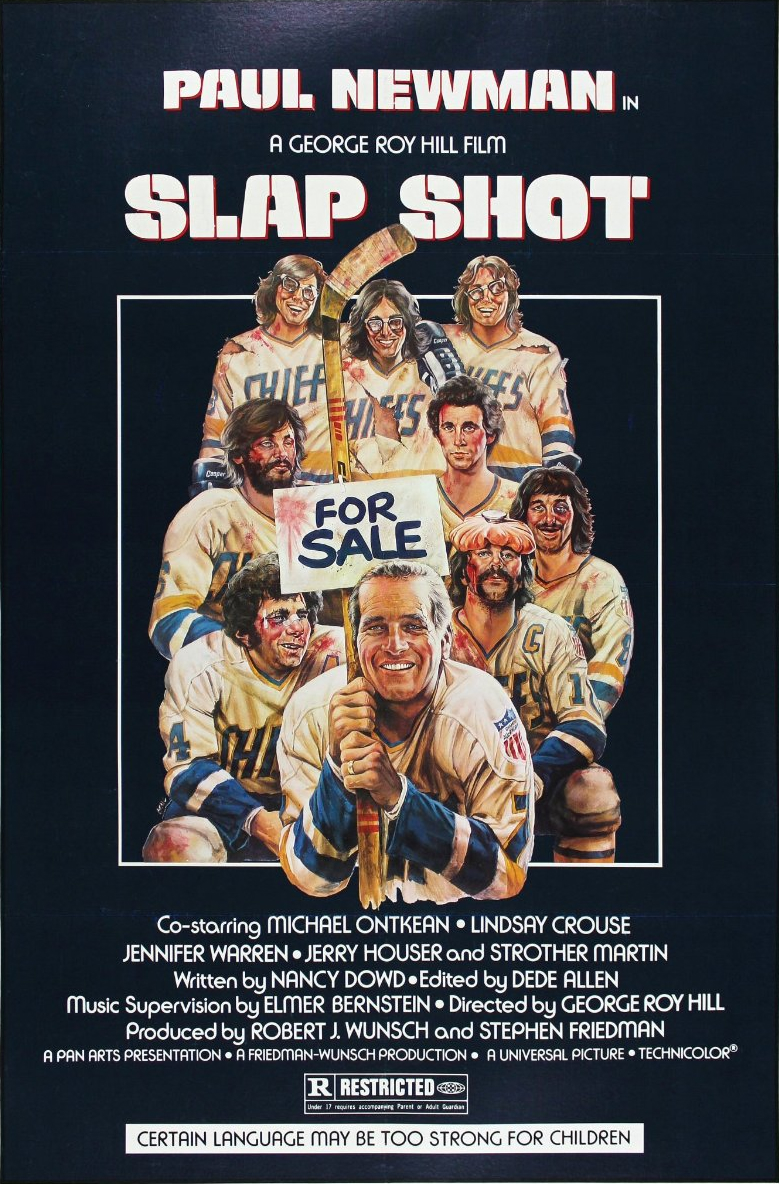“The Fall of the House of Usher,” is a show where billionaires get a taste of their own morally bankrupt medicine, and the only thing more twisted than the plot is the characters’ ethics. Directed by Mike Flanagan, the genius behind the emotional rollercoaster that was “The Haunting of Hill House,” this 2023 television series brings together Flanagan’s directing prowess and the eerie charm of Edgar Allan Poe’s literary genius.
As per usual, Flanagan doesn’t disappoint. Contriving an original plot based on Poe’s short story of the same name, he masterfully weaves a tapestry of complex family dynamics, lost loves, contemplations on life and death, haunted legacies and, of course, a house that should probably be condemned.
The show, starring Bruce Greenwood, Carla Gugino, Mary McDonell and Carl Lumbly, explores family dynamics, corruption and privilege through a satirical and supernatural lens in a refreshing departure from typical Mike Flanagan narratives. The plot features the Usher siblings, Roderick and Madeline, the billionaire CEOs of a corrupt pharmaceutical company. After years of evading the consequences of their exploitative and criminal practices, Usher’s secrets have caught up to them as Roderick’s children meet mysterious and brutal fates at the hands of a mysterious stranger seeking violent retribution for the suffering they have caused in pursuit of profit.
The series opens on a dark, stormy night, as Roderick Usher extends an invitation to investigator C. Auguste Dupin to join him at his old and decrepit house. Expensive glass of cognac in hand and a feverish look in his eyes, Usher plans to unveil the truth behind his family’s tumultuous and criminal past, haunted by the spirits of his dreadful children who have passed away.
The narrative skillfully weaves elements from “The Masque of the Red Death,” “Murder in the Rue Morgue,” “The Black Cat,” “The Pit and the Pendulum,” “The Raven” and more into the broader saga of the Ushers. As the Usher family history unfolds, the audience is confronted with violent horrors, and Roderick’s visions of monstrous ghosts, including the vengeful force of karma embodied by Verna, add a supernatural layer to the family drama. Flashbacks featuring a young Roderick, Madeline and Roderick’s first wife, Annabel Lee, provide context to the origins of the Ushers’ wealth.
However, for all its brilliance, the show does have its drawbacks. One major issue is the utter hateability and irredeemability of all the characters. In stark contrast to “The Haunting of Hill House,” where heart-wrenching death scenes draw audiences into the emotional depths of the characters, “Usher” keeps viewers at arm’s length. It’s hard to root or feel for the Usher family because we have seen the depth of their moral rot and the opportunities to change their fates by becoming better people. It is made abundantly clear that almost every character deserves the horrific ends they meet, which leaves the viewer somewhere between gleeful and indifferent.
Moreover, the show fails to capture the deranged essence of Poe’s work. While it deftly references Poe’s darkness, it misses the opportunity to fully commit to the madness that defines his literature. Poe’s stories were wild, unhinged, oozing with exultation, rage and hysteria, and unfortunately, “Usher” only scratches the surface of this madness.
The messy dialogue is another stumbling block. It is incredibly melodramatic, self-aggrandizing, and most of the characters tend towards exaggerated monologuing (though that “Lemon” monologue is camping out rent-free in my brain) and often sound like they’re auditioning for a Shakespearean play. To be fair, I do imagine that the rich, insufferable fools would speak in that manner. That doesn’t mean I want to sit through hours of it.
But honestly? None of that matters. All of these criticisms are overshadowed by my long-held opinion: Sometimes, good TV is just watching billionaires get royally screwed over by self-fulfilling prophecies, and “Fall of the House of Usher” delivers this in spades.
The whole show is Flannegan waving a theatrical middle finger to Big Pharma, billionaires, AI and the capitalist structures that support them. It ticks all the boxes for a good revenge fantasy – it’s bloody, sensual, has fantastic LGBTQ+ representation and all the awful people die violently and look hot doing it.
And as a member of Gen Z, I’m obligated to love any show where the characters are karmically consumed by the consequences of unchecked capitalism. I’m tired of watching television (looking at you Succession) that romanticizes billionaires. Between working three jobs and reading news stories about Amazon’s labor rights violations, I find it hard to feel sorry for them. Often, I think they should choke on their benjamins, on their carbon footprint, on their exploitative practices. I like watching a show where bad people reap what they sow because reality has failed to provide me with the same.
“Fall of the House of Usher” is angry, thematically culturally relevant and satisfyingly vindictive. If the pacing, writing and plot felt overly indulgent and convoluted at times, then I can forgive that for the spiteful catharsis it offers.



